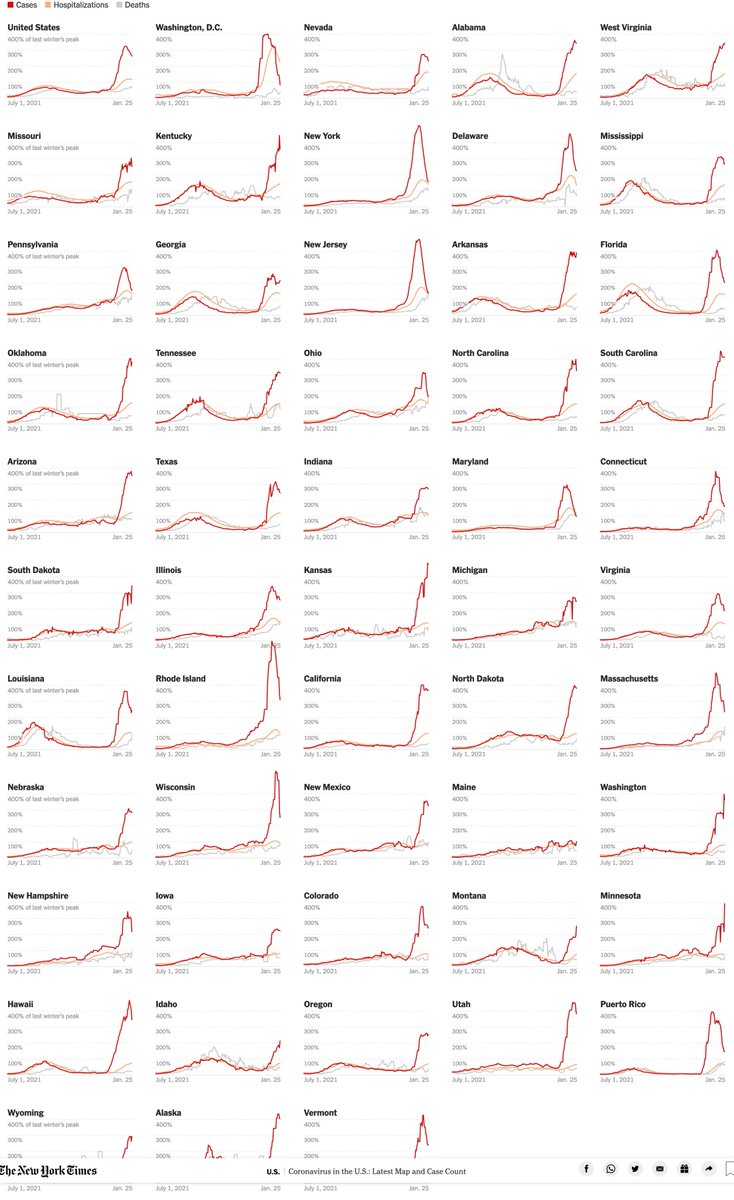1/ Q: I see advertisements for #COVID antibody tests. Is it worth getting tested? What will an antibody test tell me?
A: Your antibody test results may not be as useful on a personal level just yet. HOWEVER, they help us understand #Covid and its spread through a population!
A: Your antibody test results may not be as useful on a personal level just yet. HOWEVER, they help us understand #Covid and its spread through a population!
2/ When considering a #serology test, we encourage you to think about WHY you are getting the test, WHERE you will receive the test, and how it will influence knowledge about #Covid_19 at large.
More on these points below:
More on these points below:
3/ WHY: Antibody tests detect if the #ImmuneSystem responded to a particular virus after exposure.
Population-level antibody tests generate data on the number of people who were exposed and responded to a virus. They help us track the true ”footprint” of the virus to date. 👣
Population-level antibody tests generate data on the number of people who were exposed and responded to a virus. They help us track the true ”footprint” of the virus to date. 👣
4/ However, we still don’t know whether #coronavirus immune responses protect a person from future exposure. For example: Do existing antibodies fight future exposures to the virus? What level of antibodies are needed to provide protection? How long do antibodies stick around?
5/ WHERE: While their accuracy varies, there are more than 150 antibody (AKA serology) tests on the market that test your blood for antibodies to #Covid19. They are being offered by primary care offices, pharmacies, hospitals, and even directly to consumers.
6/ Keep in mind that these serology tests are not all the same and have different levels of accuracy. @US_FDA approved serology tests are preferred to non-FDA approved tests because the FDA verifies test accuracy.
7/ If you are considering getting an antibody test, it’s most valuable to do so in partnership with a scientific study or department of health. Your results can be aggregated in a purposeful way to answer unknown questions about Covid-19 immune responses and spread of infection!
8/ WHAT DOES THIS MEAN FOR ME: If you receive a Covid-19 antibody test and the results are positive, it’s still too soon to say what that actually means on an individual level. Assuming the test was accurate, it means you have been exposed and your immune system responded.
9/ It’s still too soon to determine how this would protect you in the future. That said, your antibodies are SUPER important in developing evidence-based responses to Covid-19 and we need you!
Read more here: theatlantic.com/health/archive…
Read more here: theatlantic.com/health/archive…
• • •
Missing some Tweet in this thread? You can try to
force a refresh









